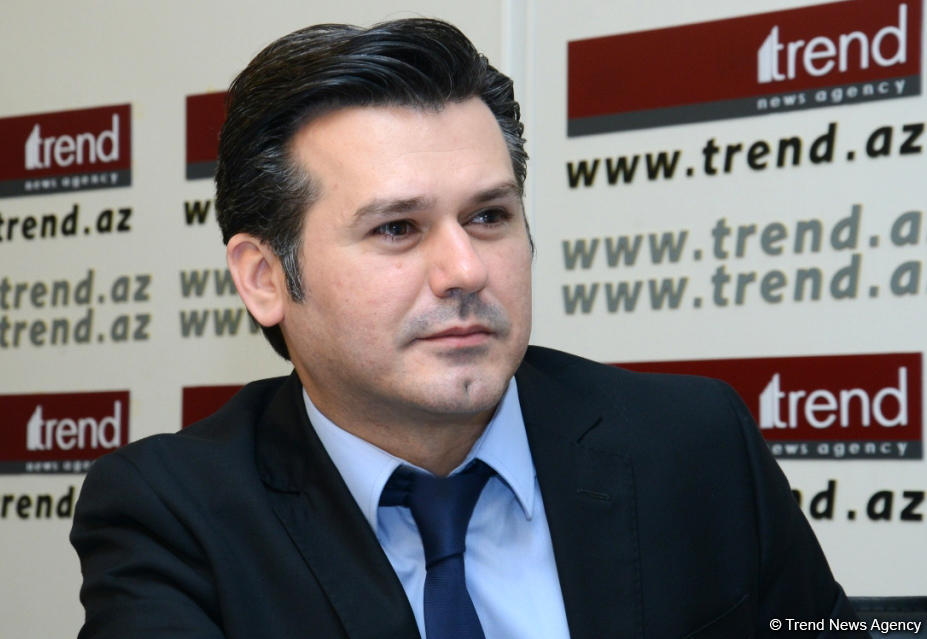Baku, Azerbaijan, Nov. 1
By Rufiz Hafizoglu - Trend:
Radical Islamic currents in the Arab world mainly appeared after the Islamic revolution in Iran as a defense mechanism against the spread of the revolution.
In late October, Crown Prince of Saudi Arabia Mohammad bin Salman stressed that an end will be put to all radical currents soon and Saudi Arabia will return to moderate Islam.
Following the Saudi prince’s statement, a number of Arab media outlets wrote that women will be allowed not to wear a headdress in the new city of Neom, envisaged in the Saudi Vision 2030. However, the Saudi authorities neither confirmed nor denied this information.
Turkey perceived the Saudi prince’s statement about "moderate Islam" ambiguously. For example, Ravza Kan, member of the foreign policy commission of the Turkish parliament and the ruling Justice and Development Party, said that Islam does not need moderation.
"For the first time the term "moderate Islam" was used by leader of the Gulen movement (FETO), Fethullah Gulen," she said.
The "moderate Islam" project is mainly directed against Iran and no matter how the Saudi prince tried to introduce the concept, there are many obstacles to its implementation.
First, the use of the term "moderate Islam" testifies to Saudi Arabia’s recognition of the fact that it was an adherent of "radical Islam".
Secondly, Islamic currents and teachings which are beyond Salafism are considered in Saudi Arabia beyond Islam.
Thirdly, how will the relations between Saudi Arabia and Shia Iran develop after "moderate Islam" as according to Salafi teachings, Shia Islam is considered to be beyond Islam?
Moreover, if Saudi Arabia with "moderate Islam" is open to all religions of the world, then what will be the further status of Mecca and Medina cities, to which only Muslims are allowed?
"Moderate Islam" in Saudi Arabia also means the beginning of a revival of Arab nationalism.
Meanwhile, in August 2017, Iraqi Shiite leader Muqtada al-Sadr visited Saudi Arabia. During the visit, al-Sadr met with the Saudi prince. Although al-Sadr’s visit to Saudi Arabia was not greatly covered by media, the visit was important, given a number of anti-Iranian statements made by al-Sadr.
For example, al-Sadr always urged the Iranian authorities not to interfere in Iraq’s internal affairs.
Despite Iran is also an ideological center for Shia Arabs, there is a number of disagreements between Arab Shia Muslims and Iranian Shia Muslims. These differences are mainly related to ethnicity.
Undoubtedly, if Saudi Arabia returns to "moderate Islam", this will lead to an ideological split among the Salafis and will give an impetus to new growth of radicalism.
---
Rufiz Hafizoglu is the head of Trend Agency's Arabic news service, follow him on Twitter: @rhafizoglu






